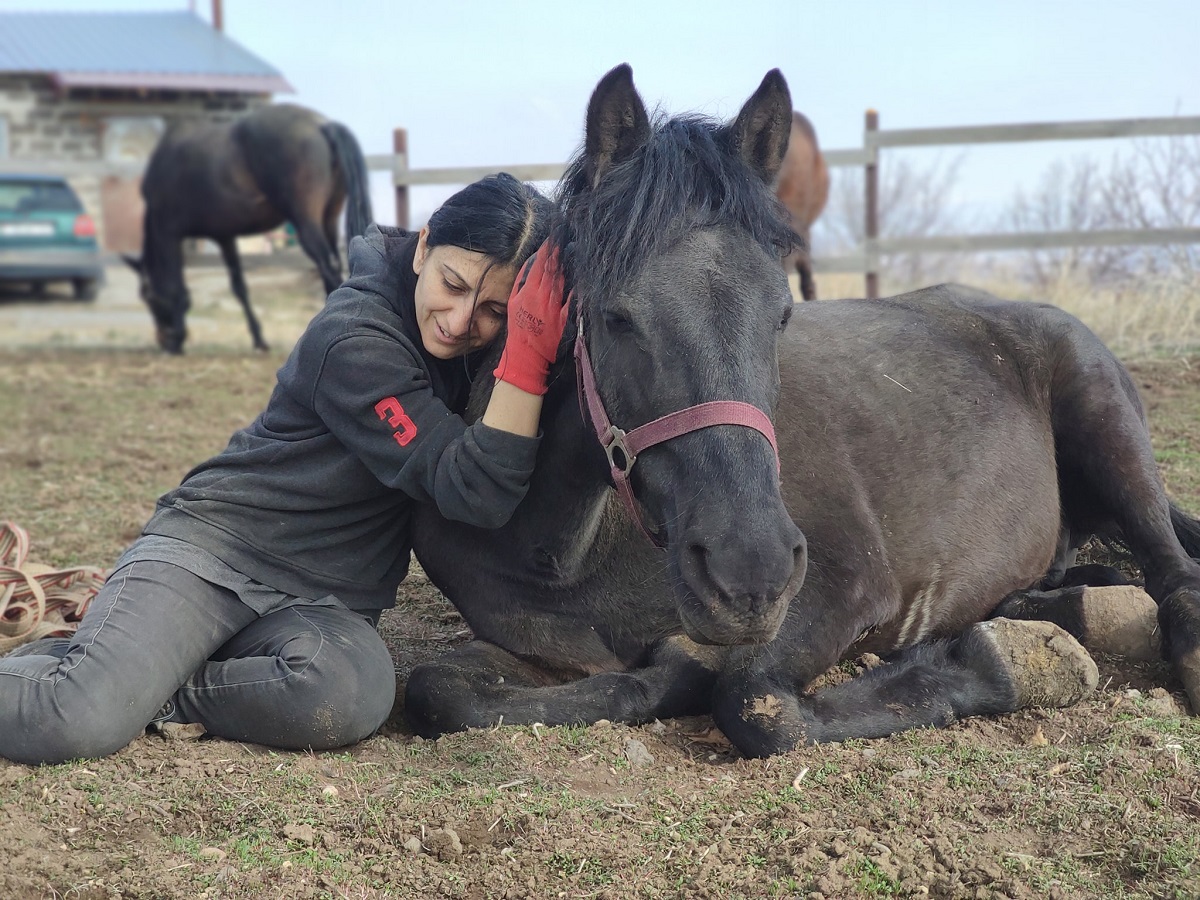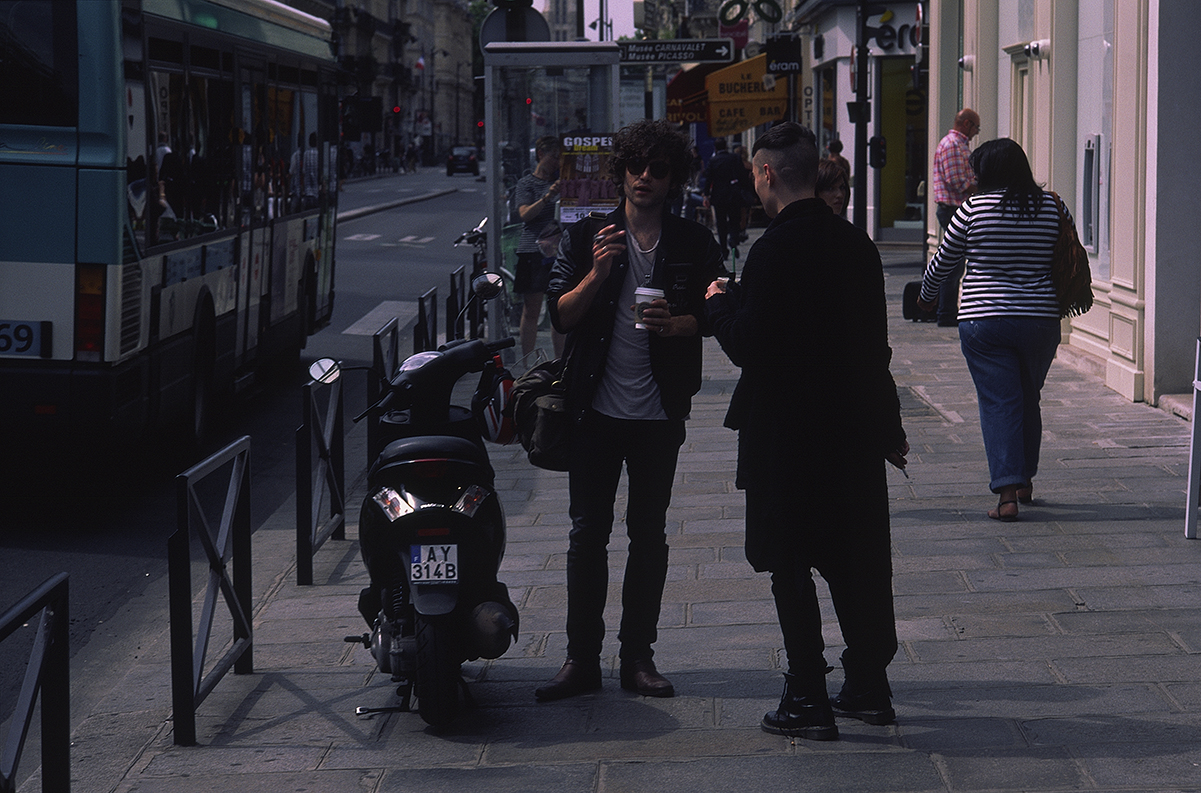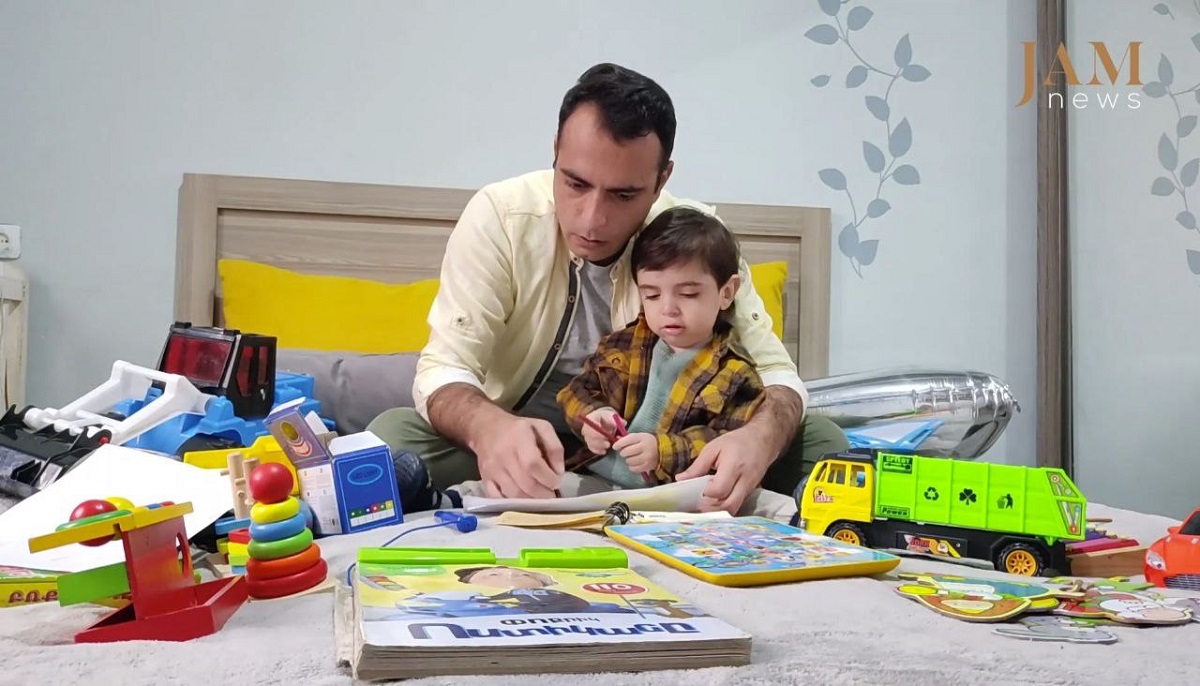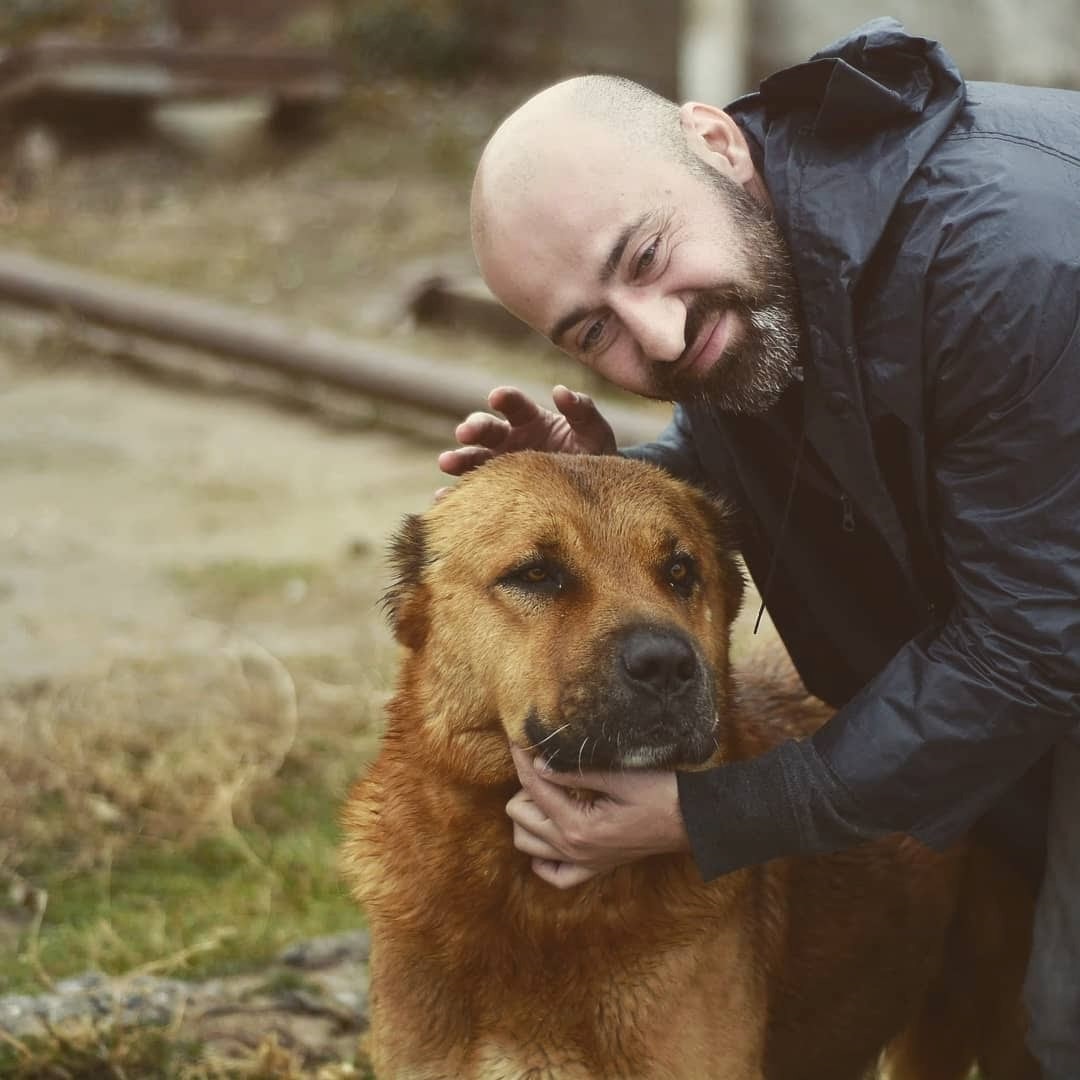‘No winners’: gambling addiction and its victims in Armenia
Gambling and fight against it in Armenia
The stakes made in Armenia last year doubled the revenues of the country’s budget. Over the past three years, the number of players has increased by 3 times, and the total amount of bets – by 6.
How gambling affects people’s lives, and what mechanisms are being developed to stop the craze, especially among minors – a story of one Armenian family.
- “Armenia can repeat the success of Singapore” – Russian entrepreneurs continue to flock to Yerevan
- “When fighting is ongoing, you don’t choose who to save” – a story of doctor Hakob
- Refugees from Nagorno-Karabakh share stories about their life in Armenian villages
“They don’t go to the casino and think they are not gamblers”
The corridor of the apartment lined with cardboard boxes seems to emphasize how small it is. And immediately suggests that it is alien to its current inhabitants.
“Sorry, I haven’t had time to unpack yet. This year we are moving into a third apartment”, Maya (not her real name) says.
With a short, almost boyish haircut, Maya looks younger than her years and appears bolder. Only one of the boxes in the hallway is open and contains her high heels.
“At work, no one knows what I had to endure. They know, of course, that I got divorced, they support me as much as they can. But I’m shy, I don’t want anyone to know the whole truth. Therefore, I try to look so that no one guesses what hell I had to go through”, she says.
She met her future husband in her student years – at the university. The wedding was a logical continuation of a long and beautiful romance. A successful, educated, promising couple lived happily for 5 years. No one noticed how everything turned upside down.
“In the early years, our parents were very supportive. Unlike many newlyweds, we didn’t have to start from scratch. Our parents did everything so that we did not have financial problems. I worked in an international organization, my husband was the manager of one of the largest organizations in Armenia. We also founded our joint business, which brought in a small but stable income.
It all started when my husband received a new job offer from an organization in the gambling business. I was against it because gambling has always been evil for me. But I could not even imagine that they would destroy our family”, recalls Maya.
At the new job, the husband was immediately appointed to a high position. After some time, Maya noticed that he behaved strangely, became nervous, and quick-tempered, left the room when he answered the phone and began to return home late․
“It seemed to me that another woman appeared in his life. Now I think that betrayal would be the lesser of the evils, but then I did not understand this. I always thought that I was a wise woman, that our relationship would never get to the point that I had to read messages on my husband’s phone”.
But she did not only have to read messages but also eavesdrop on her husband’s phone conversations through paid applications. Then Maya found out that he became addicted to gambling and accumulated huge debts:
“Until I found myself in this situation, I didn’t understand what scale we were talking about. It turns out that in the phone of every second young person you can find gambling applications. People lose families, lives, property, without getting up from the couch.
This is a trap. They think that if they don’t go to the casino, then they are not gamblers. But what is it, if not gambling? I remember when I heard how much my husband had bet, I was shaking: 50,000 euros – one bet, one of many”.
The same evening, the couple had a serious conversation․ It turned out that the husband owed about 230,000 euros, because of which he was threatened. Maya remembers that her first reaction was to try and help․ They immediately decided that they would sell the house, which she inherited from her grandfather. Secretly from her parents, Maya persuaded her grandmother to sell the land at the house, but there was still not enough money․
“I asked my husband to talk to creditors, ask for some time. We paid off part of the debt from the sale of the apartment and land. It was time to sale our business – a cafe. It seemed that all this should have sobered him up, but two months later they already called me. I cannot retell the whole conversation, but I can say that I was resolutely “asked” to pay off my husband’s debts. Then I had to ask for help from my and his parents”.
After paying off all the debts and another promise from her husband to quit the game, Maya decided that it was worth leaving the country for a while – to tear him out of this environment. They spent 2 months in France, where they decided to have a second child – as a sign of family reunification:
“When we returned, I was already pregnant. We went to a psychologist, and everything seemed to be fine, but one day my husband came home and asked me to help him. I understood everything. I called my parents, packed my things with my daughter, and left. I understood that it would be very difficult – with a child, pregnant, without any savings.
But there was no other choice. I understood that I was in a vicious circle: either I stay and turn my life and the lives of my children into hell, or I get my priorities straight. My husband made his choice – we were not important to him.”
“There’s a problem and it’s getting worse”
In 2021, about 3.3 trillion drams ($7.3 billion) worth of bets were made in Armenia. Deputy Chairman of the Parliamentary Commission on Economic Affairs Babken Tunyan says this indicator shows that there is a problem in Armenia, and it is getting worse:
“In order to explain what this figure is, I will say the following: the revenue of the Armenian budget last year amounted to about 1.6 trillion drams, that is, this figure is twice the revenue side of the budget. And the difference between bets and winnings is about 70 billion drams ($150 million), that is, people lost 70 billion drams”.
In the search for solutions to the problem, two projects were discussed in Parliament at the beginning of the year.
The draft law on amendments and additions to the Law on Advertising has already been adopted in the first reading. According to the draft, any advertising of gambling establishments or online gambling, casinos, or sweepstakes is prohibited on radio, television, and online, except for their official websites or on their office buildings and gambling halls, as well as at checkpoints on the border of Armenia.
The justification for this project indicated that in 2020 the bets on the network were 6 times higher than in 2018, and the number of players increased 3 times.
Another project concerns changes to the law on gambling, online gambling and casinos. 10 days after the adoption of the law, it will be forbidden to pay the bills of betting shops in cash, only non-cash payments will remain. And this, according to the authors of the bill, will make the field more controlled and prevent the participation of minors in the games, since non-cash banking operations are available only to those over 18 years old.
Seeking help
Gambling is considered a mental disorder and is classified as a non-chemical addiction. From a clinical point of view, experts characterize it as a persistent addiction to gambling.
Since 2020, with the support of the Ministry of Health, a socio-psychological service has been introduced at the National Addiction Treatment Center, which provides psychological assistance, including to people with a pathological addiction to online gambling.
According to its director, narcologist Suren Nazinyan, so far only 25 people have applied to the center for support, mostly at the insistence of their relatives. How many of them will be able to overcome addiction, psychologists themselves cannot say. But they are convinced that the sooner patients turn to specialists, the greater are the chances of defeating the addiction.
“You can’t help someone who doesn’t want help”
It has been 3 years since Maya officially divorced her husband. Her son was born a few days after the divorce. Maya says that she would have liked to save her family, but her conscience is clear – she did everything possible:
“I did everything from seeking the help of a psychologist to moving to another country. I asked his parents to speak strictly with their son, to bring him to his senses, but soon realized that it was impossible to help someone who did not want help. If a person does not realize that he has a problem, it cannot be solved. He was convinced that he had no addiction, that he could stop at any moment.
I just decided that my life and health, as well as the life and health of my children, was more important than another futile attempt. Now he communicates with children, he is a very good father, I can not complain. It seems that he has adjusted his life – a new job, he will soon marry a second time. I’m happy for him, but I’m more happy for myself, because even now, when he comes to visit the children, he hangs up so that the screen is not visible”.
Maya changes her rented apartment again and again. She keeps promising herself to find time and sort out the things she brought in the boxes, start a new life. She is saving up money to buy an apartment and says that she does not regretted her decision for a second.























